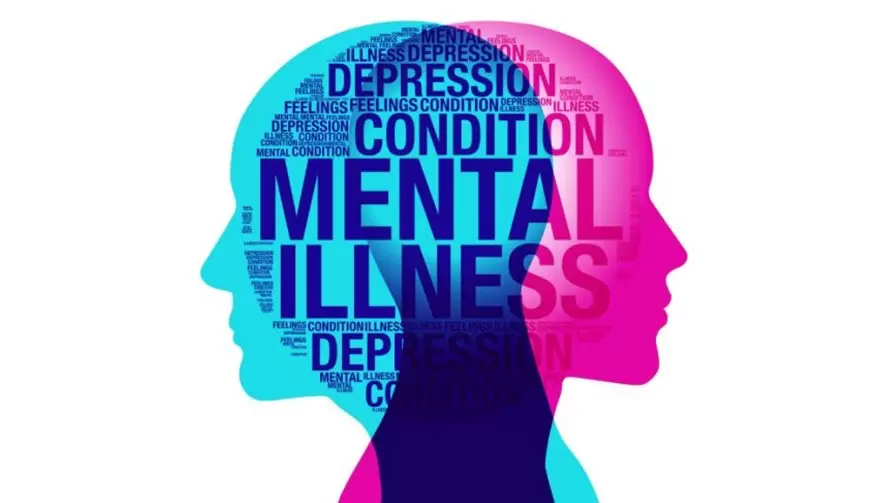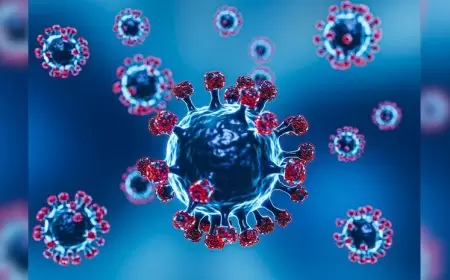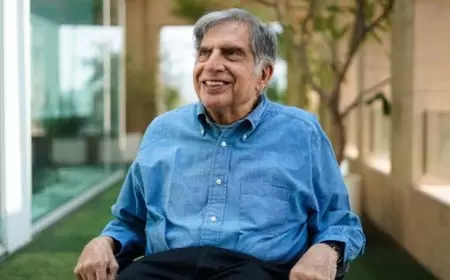How our way of life is making a scourge of mental wellbeing?

India is balanced for fast financial development, possibly impelled by a youthful populace driving generation and request. Within the preparation, ways of life are being significantly changed for the worse. India presently reports the most elevated development of ultra-processed nourishment utilization among the youth, as well as moo levels of workouts and satisfactory rest. Social changes, counting smartphones and a dominance of English in schools, are too related to debilitated family relationships. Until as of late, within the nonattendance of broad information, the part of these variables on mental well-being, including our full extend of mental capability, was not well caught on. Later discoveries based on an expansive database of over 1,50,000 people in India are starting to shed light on the connections of mental well-being among youths. The discoveries are critical. There's a noiseless plague of mental ill-health in India.
Past thinkers have found that possession of smartphones is “frying” the brain. Information moreover proposes that it isn't merely the proprietorship of a phone but moreover the early age of get-to that's related with more awful cognition and mental well-being as youthful grown-ups. The youthful brain is creating and must be sustained. These contraptions are given to youths, probably more out of comfort than sound rationale. There's a legitimate minimum age for drinking alcohol and driving cars. Probably, these rules are in place because children don't, however, have the development to act in control. Indeed, without the rules, it is impossible that guardians would hand over the keys of a car to a young person. It boggles the intellect that guardians (and a few schools) can allow such intemperate utilization of handheld contraptions. Investigation of as of late collected information recommends that the prior age of getting to smartphones is related to a lower probability of college completion. The American rationalist David Henry Thoreau commented over 175 years prior, “Technology is an improved means to an unchanged end.” This is often an extreme position, but one worth reflecting. Whereas smartphones may have financial convenience, there's no defense for their unhindered use among young people.
India reports the most elevated development in utilization of ultra-processed nourishments. A few studies propose that these nutrients are as addictive as smoking. Later information universally and from India appears a solid affiliation between the utilization of ultra-processed nourishments and destitute mental well-being, especially the capacities for passionate and cognitive control. More investigation is required to unwind the particular components mindful of these impacts. In this setting, inquire about and direction that limits the ignorant and far-reaching utilization of ultra-processed nourishments would be judicious. The positive affiliation between physical exercise and mental well-being is well built up, especially with regard to vitality, the encounter of torment, and the capacity to center. The challenge is to instill a propensity to work out in spite of imperatives such as limited play zones, the weight of school exams, the addictive draw of the smartphone, and understudy enrolment in coaching classes.
At long last, information appears that family closeness is emphatically related with superior mental well-being, in specific, disposition and viewpoint, and the capacity to relate to others. Young people reacting to the studies within the territorial dialect report considerably stronger family bonds and an improved capacity to relate to others than their partners reacting in English. In any case, this drift is switched for more seasoned grown-ups, probably since pay levels are higher among people who are more comfortable in English. As more schools move to a framework where English gets to be the medium of instruction indeed at more youthful ages, it is critical to look at whether this thrust comes at the cost of debilitating family bonds and mental well-being.
India's journey for improvement has come about, in common, in rising salary levels and, subsequently, a lower rate of the populace presently lives in destitution. Alarmingly, be that as it may, information proposes that mental well-being among the youth with family livelihoods less than Rs 1 lakh per year but who work out habitually, have near families, and/or once in a while expend ultra-processed nourishments is superior than that of their partners with family livelihoods more noteworthy than Rs 10 lakh per year who live inactive lives, debilitated family connections, and habitually expend ultra-processed nourishments. “Back to the roots” makes sense in more ways than one.
India's financial development is closely tied to the youth, so we must mediate some time recently; it's as well late. Fair two decades ago, teenagers detailed tall levels of mental well-being, outperformed as they were by the exceptionally ancient. Nowadays, they report the most reduced levels of mental well-being. We are presently starting to get a few of the reasons for this inversion, with early-age utilize of smartphones, utilization of ultra-processed nourishments, and moo levels of workouts rising as prime suspects. The time to act is presently. Policymakers cannot act singularly—sschools, guardians, and therapeutic affiliations have a part to play.
Over all, the private division must reflect on its part—tthrough its items and administrations—in the spread of the mental ill-health scourge. In the long run, it'll harm them through an intense deficiency of qualified, able, and beneficial laborers and the resulting inadequate request for their items.
More regularly than not, the critical overwhelms the vital in human undertakings. But tending to the mental wellbeing scourge is both pressing and important. Otherwise, in many a long time, we are going to figure out that the cutting-edge way of life—ssmartphones and prepared nourishments—hhas eviscerated India's statistical profit.
What's Your Reaction?












































